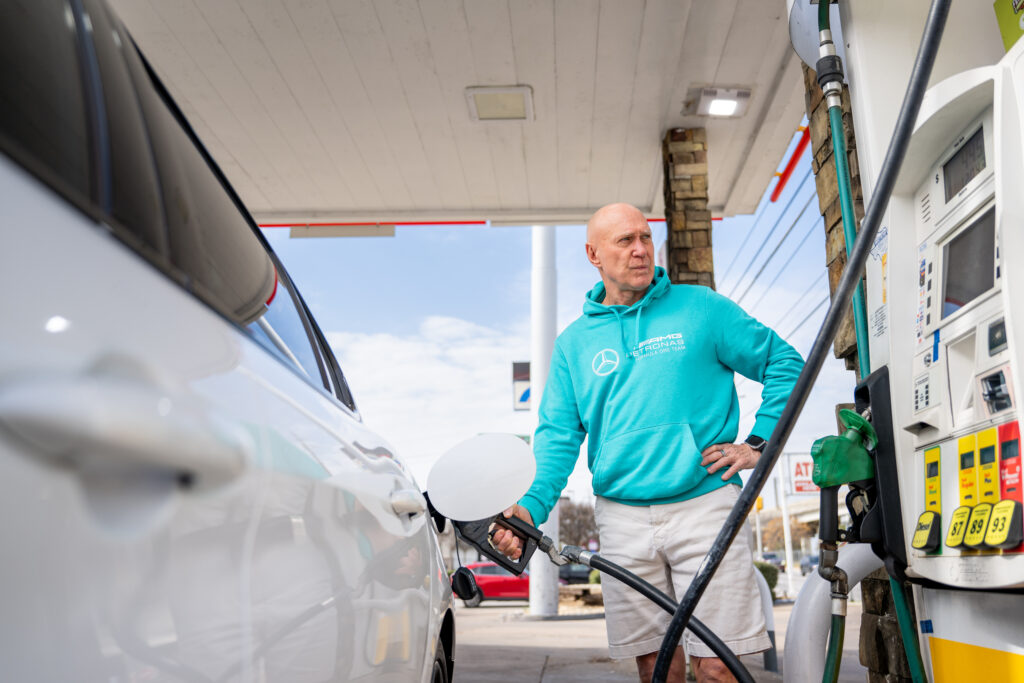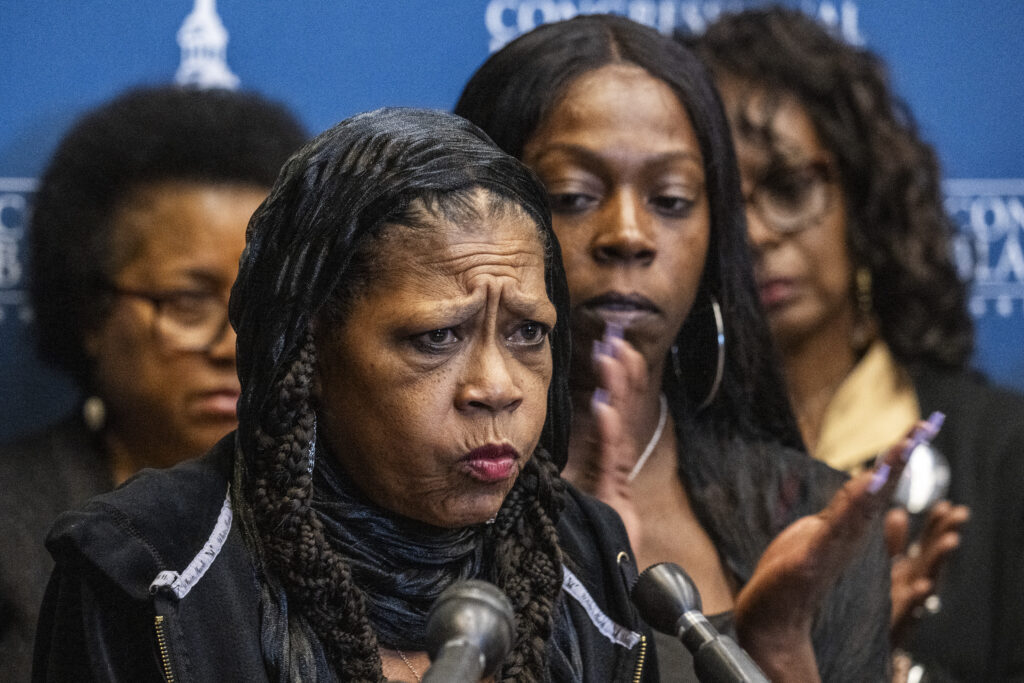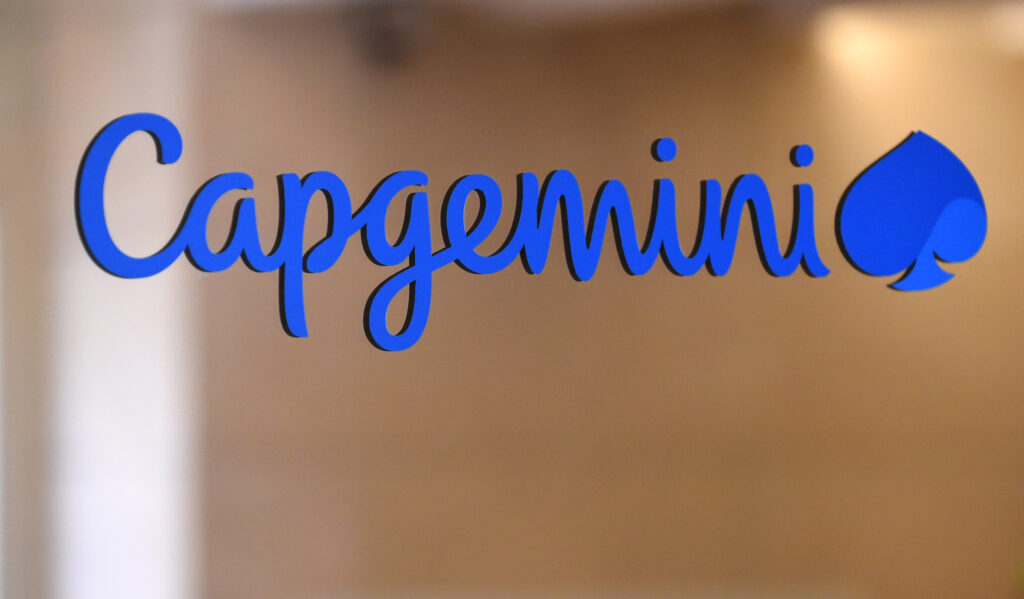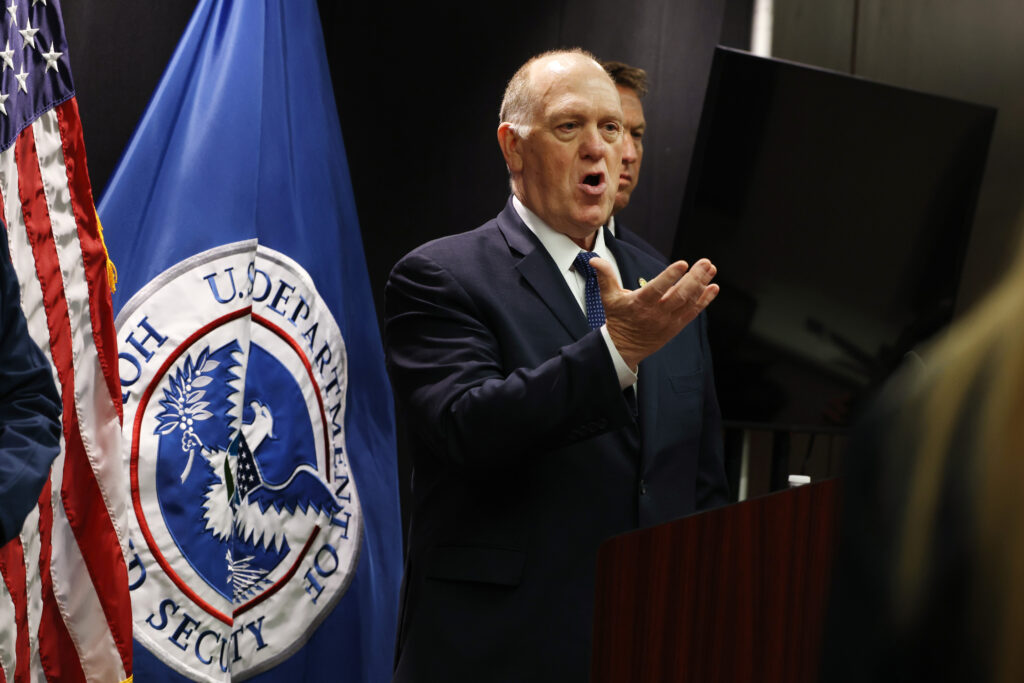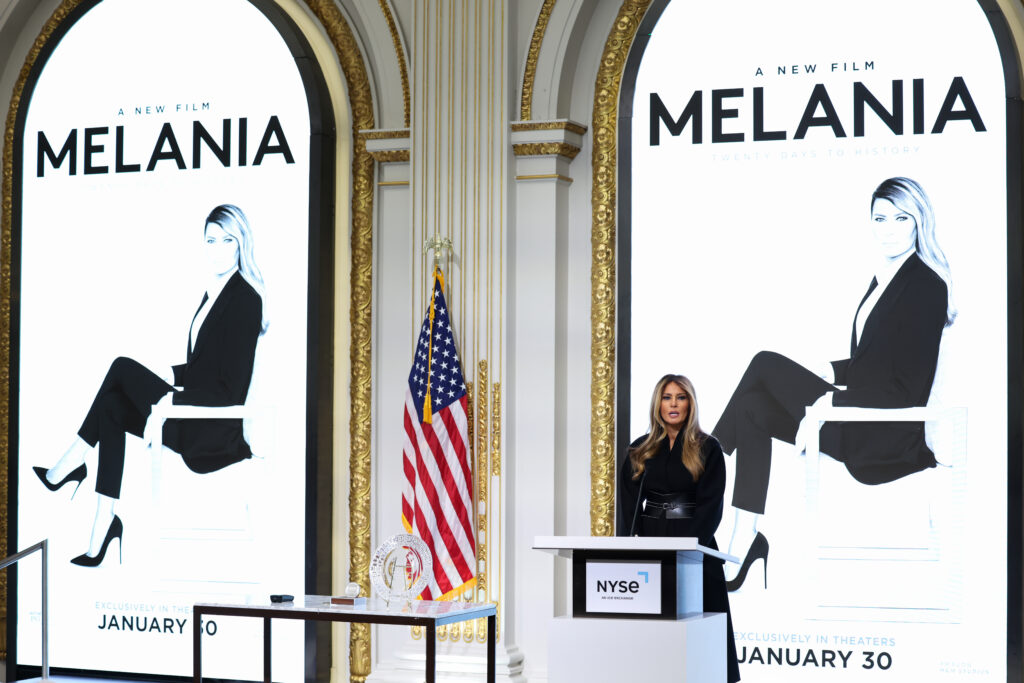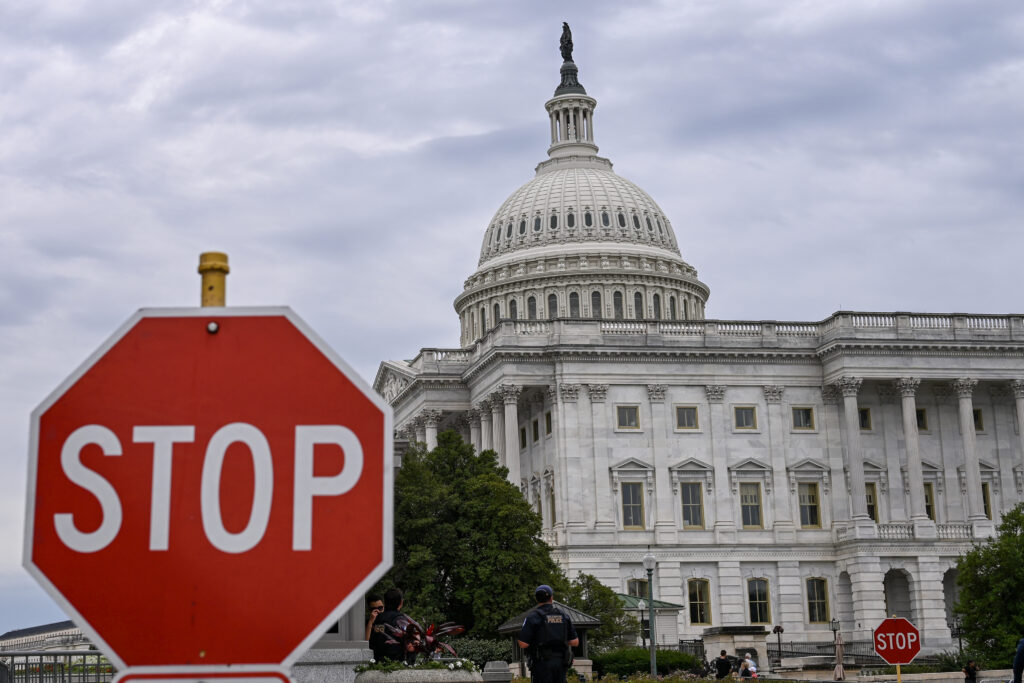Oil prices surged Thursday after US President Donald Trump ramped up geopolitical tensions with threats of a military strike on Iran, while safe-haven gold fell back after hitting a fresh record near $5,600.”With the Middle East tinder box looking set to ignite again, oil prices have moved sharply higher, lifting shares in listed energy giants,” said Susannah Streeter, chief investment strategist at Wealth Club.Global stocks were mixed as markets pored over Wednesday’s Federal Reserve decision and mixed tech industry earnings that sent Microsoft and Meta in opposite directions.Trump meanwhile warned that Tehran must negotiate a deal over its nuclear program, which the West believes is aimed at making an atomic bomb.”The next attack will be far worse! Don’t make that happen again,” he added, referring to US strikes against Iranian nuclear targets in June.An Iranian military spokesman warned Tehran’s response to any US action would be “delivered instantly.” International benchmark Brent crude oil topped $70 a barrel Thursday for the first time since September, a gain of five percent. Prices later eased somewhat, showing gains of more than three percent.”Strikes on Iran would risk causing oil prices to jump and threaten to boost inflation in much of the world, reducing the pace or number of interest rate cuts by major central banks,” said Jason Tuvey, an emerging markets economist at research group Capital Economics, in a note. – Gold falls back -Gold tumbled back after hitting a new record at $5,595.47 an ounce as investors rushed to assets deemed safe, including silver, which reached its own record of $120.44 an ounce.The dollar steadied after losing ground most of this week.Gold declined more than five percent and silver plunged more than eight percent, while copper and nickel prices also fell, as traders reassessed the market.”The parabolic rally had to come to an end,” as commodity prices had “gone up too far, too quickly”, Kathleen Brooks, research director at XTB trading group, told AFP.Demand for the precious metals is also being spurred by worries about the weakening dollar, sparked by speculation that Trump is happy to see the world’s reserve currency weaken despite the potential risk of pushing up US inflation.An uneventful policy announcement by the Fed on Wednesday did little to inspire buying, though observers said traders were optimistic that US interest rates will come down as Trump prepares to name his pick as the next governor of the central bank.On stock markets, Meta rocketed by more than 10 percent after the US parent of Facebook and Instagram published quarterly earnings that topped expectations, as revenue grew along with huge investments in artificial intelligence.But Microsoft, whose earnings disappointed analysts, tumbled around 10 percent on concern for the return on investment for the software giant’s AI spending.”Companies are increasing AI infrastructure spending, but the market is differentiating now and rewarding those companies that can turn these investments into profits, while for others, there’s more scrutiny,” said Angelo Kourkafas of Edward Jones.- Key figures at around 2110 GMT -Brent North Sea Crude: UP 3.4 percent at $70.71 per barrelWest Texas Intermediate: UP 3.5 percent at $65.42 per barrelNew York – Dow: UP 0.1 percent at 49,071.56 (close)New York – S&P 500: DOWN 0.1 percent at 6,969.01 (close)New York – NASDAQ Composite: DOWN 0.7 percent at 23,685.12 (close)London – FTSE 100: UP 0.2 percent at 10,171.76 points (close)Paris – CAC 40: UP 0.1 percent at 8,071.36 (close)Frankfurt – DAX: DOWN 2.1 percent at 24,309.46 (close)Tokyo – Nikkei 225: FLAT at 53,375.60 (close)Hong Kong – Hang Seng Index: UP 0.5 percent at 27,968.09 (close)Shanghai – Composite: UP 0.2 percent at 4,157.98 (close)Euro/dollar: UP at $1.1962 from $1.1954 on WednesdayPound/dollar: DOWN at $1.3800 from $1.3808Dollar/yen: DOWN at 153.04 yen from 153.41 yenEuro/pound: UP at 86.67 pence from 86.57 pence

